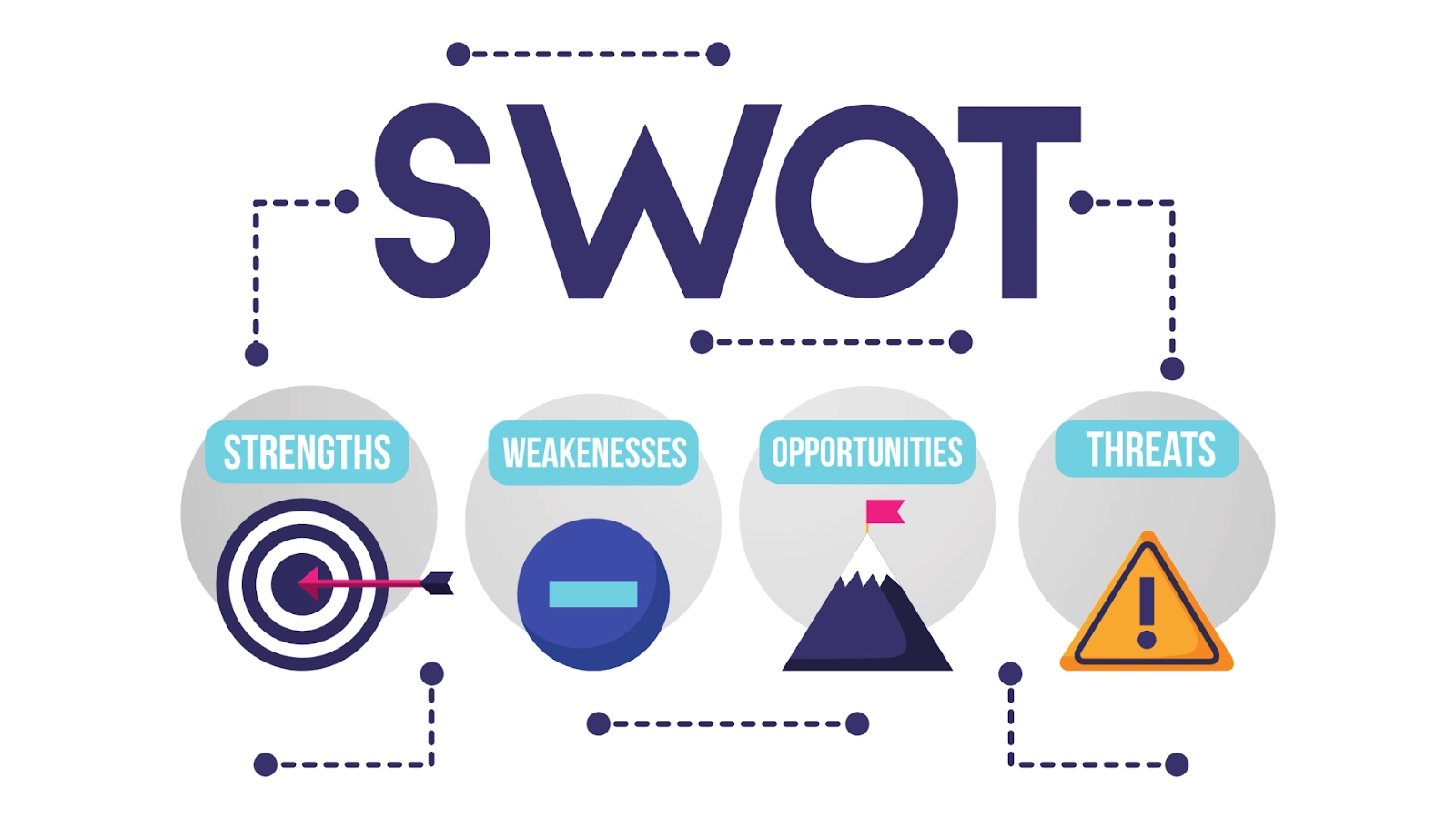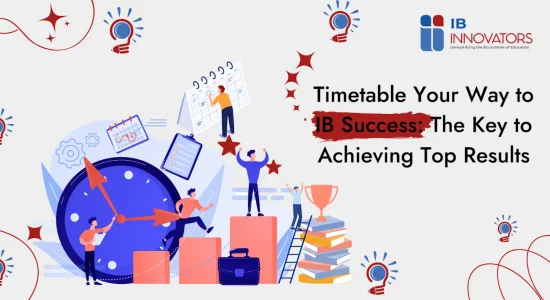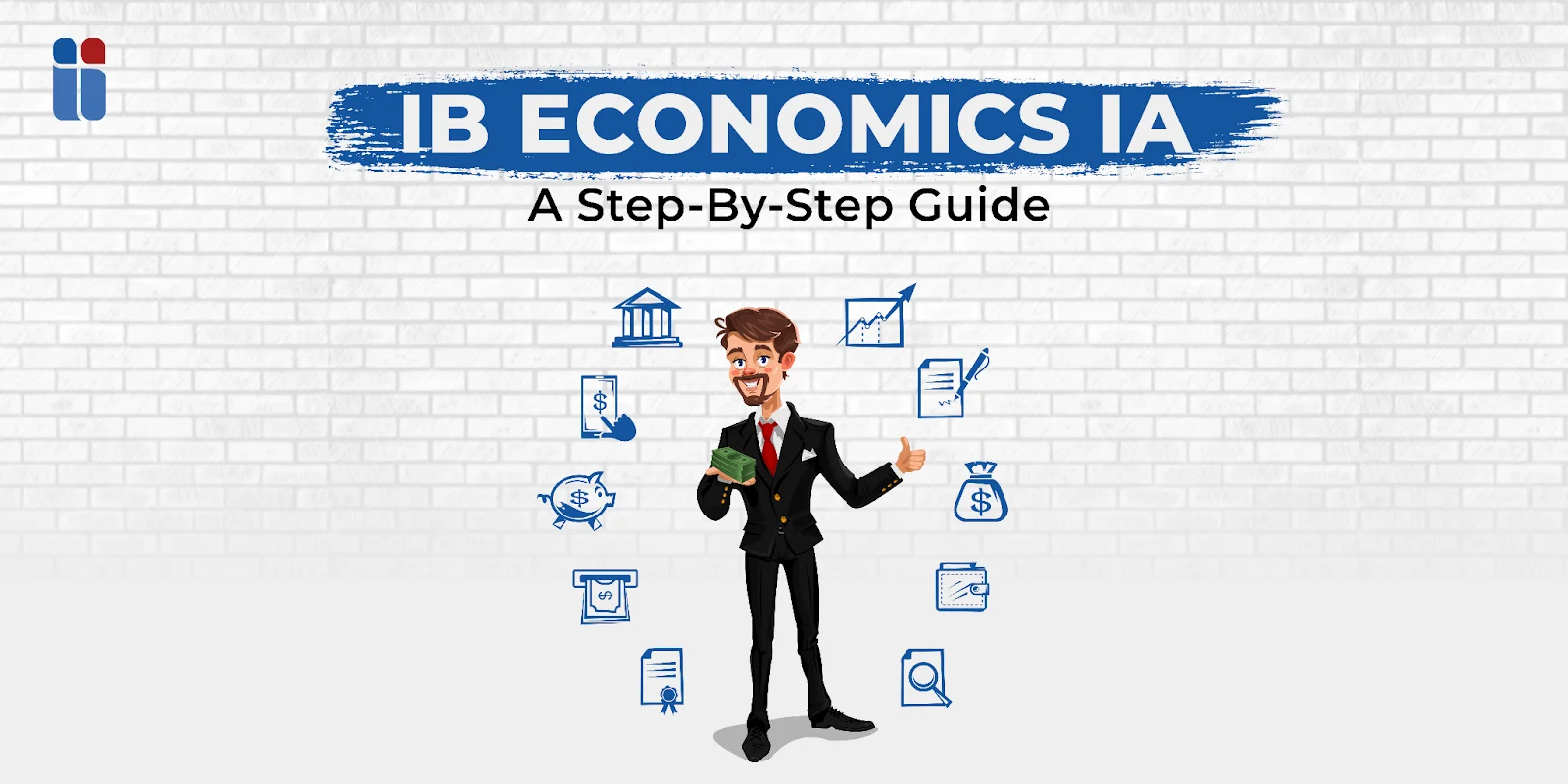The International Baccalaureate (IB) program is a challenging yet highly rewarding academic journey. As an advanced curriculum recognized globally, the IB is known for its rigorous assessments and a set of challenging criteria that students must meet to achieve success.
With the right approach, however, students can navigate this challenging path with confidence and precision.
One of the best ways to ensure success in the IB program is by creating a well-structured timetable that not only balances study time but also allows for personal growth and well-being.
In this blog, we’ll discuss the 8 key tips on how you can timetable your way to IB success, highlighting the importance of an efficient study schedule, the role of expert IB tutors, and how you can learn from real-life IB success stories.
Contact us for IB tutoring and succeed in your IBDP exams with IB Innovators Expert Tutors!
8 Key Timetable Tips for your IB Diploma
Importance of Time Management: Plan and balance tasks to handle IB’s workload effectively.
List Strengths and Weaknesses: Focus more on weak areas; reinforce strengths to excel.
Structure Your Timetable: Set realistic daily, weekly, and term goals for steady progress.
Seek Guidance from Tutors: Expert IB tutors offer personalised help for challenging topics.
Learn from Success Stories: Real examples and structured timetables lead to success.
Role of IB tutors: IB Innovators shares resources and techniques to enhance learning.
Adjust for Exam Season: Prioritise past papers, mocks, and revision for exam readiness.
Self-Care Matters: Include breaks and hobbies to maintain focus and mental health.
1. The Importance of Time Management in IB Success

Effective time management is one of the most important skills for IB students. Multiple subjects, numerous assessments, and heaps of deadlines mean that without proper time management, pupils will not only fail to pass the course but fail spectacularly.
Developing a personalized timetable is the first step to ensuring that you meet the IB success criteria.
A good timetable should reflect your priorities. You’ll need to allocate time for:
- Class hours and required readings
- Internal assessments (IAs) preparation
- Extended Essay (EE) work
- Theory of Knowledge (TOK) tasks
- CAS (Creativity, Activity, Service) commitments
- Regular breaks and relaxation
Remember! Time management doesn’t just mean work—it also. |
2. List Your Strengths and Weaknesses

Each student has their unique strengths and weaknesses, and so should their timetable.
For Instance! If you are good at math but have trouble with English, You should spend a reasonable amount of time studying mathematics and allocate more time to English. |
Take stock of where you need the most help, whether that’s in understanding certain concepts or in exam preparation.
Focus on areas where you’re weaker to ensure you meet the IB success criteria in all areas. Alternatively, if you are doing particularly well in certain subjects, maintain a review schedule to reinforce your knowledge, but avoid overloading yourself.
Incorporating feedback from IB tutors can help guide the identification of these areas using IB record success rate data. If past students have shown that certain subjects or assessment criteria have more weight or difficulty, focus more on those.
3. Structure Your Timetable for Success

Your timetable should be structured and specific. Here’s how you can break it down:
Weekly Breakdown! Each week, set a goal for what you want to accomplish in each subject. For example:
|
Keep your daily schedule realistic, and factor in your energy levels. Some students are more productive in the mornings, while others work better in the evenings.
Monthly and Termly Goals:
A good IB timetable doesn’t just consider daily or weekly schedules. It’s important to plan for your overall goals, which may include completing drafts of your Extended Essay, mastering a particular skill, or preparing for exams.
You can break this down into monthly and yearly goals.
This forward-thinking approach will give you enough time to revise and reflect on the material without feeling rushed.
4. Seek Guidance from Expert IB Tutors

IB tutoring is a highly valuable resource for students seeking to boost their performance. Expert IB tutors can offer personalized instruction that aligns with the specific IB success criteria and guide you through difficult subjects or concepts.
Whether it’s a 1-on-1 session for your Extended Essay or help to prepare for the Theory of Knowledge essay, IB tutoring can help reinforce what you’ve learnt in class.
Working with expert IB tutors can also help you with exam techniques, increasing your chances of success and improving your IB remark success rate.
5. IB Success Stories: Learning from Those Who Made It

Sometimes, the best way to understand the power of a structured timetable and hard work is through real-life examples. IB success stories are a testament to the transformative power of dedication and the right support system.
Students who have successfully navigated the IB program often credit their success to:
- A carefully crafted timetable
- Ongoing reflection on personal progress
- Regular feedback from experienced IB tutors
- Building confidence through mock exams and practice questions
For Instance! Many students at IB innovators have proven that creativity and a balance of academic focus can lead to achieving top grades. |
These individuals often share how their schedule helped them balance different areas of their lives while meeting the required success criteria.
6. The Role of IB Innovators

The journey of successful IB students often includes collaborating with IB innovators—teachers, mentors, or even fellow students who have found new, effective strategies for studying or approaching difficult subjects.
These innovators may share new learning techniques or provide resources that can help you with your IB success criteria. Working with people who think outside the box can help enhance your critical thinking skills, which is crucial for subjects like Theory of Knowledge.
7. Adjusting Your Timetable for Exam Season

As exam season approaches, your timetable will need to shift towards focused revision. Ensure that you leave enough time for:
- Review of past exam papers and mark schemes
- Practice questions for each subject
- Timed mock exams
This is when the real benefits of a structured timetable shine—knowing exactly what you need to study and when can help reduce anxiety and provide you with a sense of control. By having a plan in place, you can ensure that you’re well-prepared when the exam day arrives.
8. The Importance of Self-Care in Your IB Journey

While creating a detailed timetable is crucial, it’s equally important to recognize that mental and physical health are integral to academic success. A well-rounded timetable should include breaks for exercise, hobbies, and relaxation.
These moments will help you recharge, improve focus, and ensure that your brain stays fresh throughout the intense study periods. Successful IB students often emphasize the importance of rest, balance, and having time for personal activities.
Final Thought
Achieving success in the IB program requires careful planning, consistent effort, and a supportive network. Creating a personalized timetable that meets your specific needs is the foundation for reaching your goals. Along the way, seeking help from IB tutors and drawing inspiration from IB success stories will make the journey smoother and more rewarding.
By following a structured timetable, incorporating expert tutoring, and learning from the successes of others, you’ll be on your way to mastering the IB success criteria and making your own success story.
Do you like what you read? Learn more about IB Tutoring on our blog here.
FAQs
How can I improve my IB remark success rate?
Focus on improving your exam technique, time management, and understanding the IB success criteria. Working with an expert IB tutor can help you improve your exam performance and increase your chances of success.
What if my timetable isn’t working for me?
Don’t be afraid to adjust your timetable as you progress. If you feel overwhelmed, reconsider the balance of subjects and tasks. Speak with your tutor or mentor about ways to manage your time more efficiently.
How can I learn from IB success stories?
Read about IB success stories to understand how others have approached the challenges of the program. You can gain insights into strategies that worked for them, such as how they balanced their time, dealt with setbacks, or utilized IB tutoring.
How can IB tutoring help with my timetable?
IB tutors can help you refine your study schedule by focusing on areas where you need more support. They can guide you on prioritizing subjects and revising effectively, ensuring that your timetable aligns with your goals







